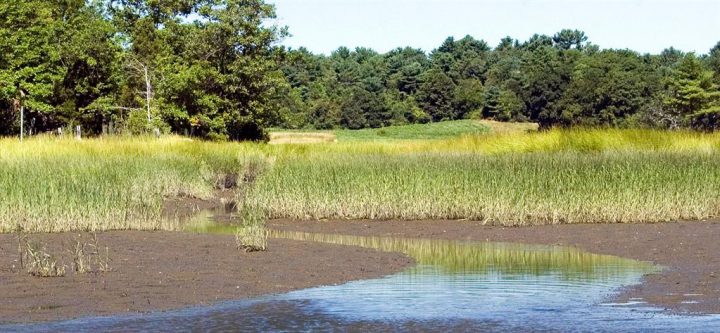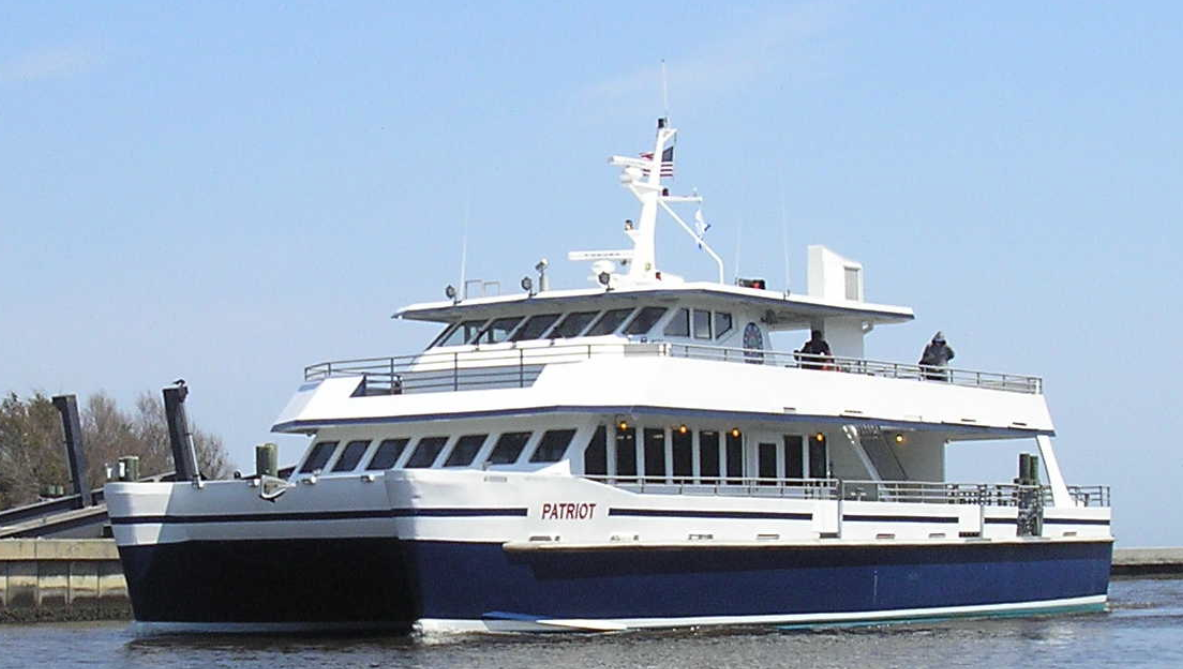
The North Carolina Environmental Management Commission will meet Thursday to consider adopting permanent rules that will fill in a permitting gap made by recent changes to Clean Water Act Federal Jurisdiction for wetlands in certain landscape positions.
The meeting is being held remotely because of the increase in COVID-19 cases. Attendees may join online or by phone. Remote access to the meetings is to be available Jan. 12.
Supporter Spotlight
The permitting gap applies to federally nonjurisdictional wetlands, which are not isolated but have a direct connection to downstream waters, as defined in the Navigable Waters Protection Rule.
These wetlands are no longer jurisdictional, subject to Section 404 of the Clean Water Act, but remain protected by the state. Finalizing these rules will “provide a permitting pathway for projects that require impacts to wetlands identified as ‘Federally Non-Jurisdictional’,” according to meeting documents.
Also on the agenda Thursday for the full commission, the Division of Water Infrastructure staff is to present on funding opportunities for water, wastewater and stormwater utilities through the American Rescue Plan Act and the Federal Bipartisan Infrastructure Law. The Department of Environmental Quality is to give the commission an overview of recent legislation pertaining to utility-scale solar panel projects.
Committees are set to meet Jan. 12 starting at 9 a.m. with the Air Quality Committee, followed at 10:15 a.m. by the Groundwater and Waste Management Committee, at 12:15 p.m. by the Water Allocation Committee, at 1:30 p.m. by the Water Quality Committee and at 3:30 p.m. by the NPDES Committee. Committee agendas are online.
The Environmental Management Commission is responsible for adopting rules for the protection, preservation and enhancement of the state’s air, land and water resources. The commission oversees and adopts rules for several divisions of the Department of Environmental Quality, including the divisions of Air Quality; Energy, Mineral and Land Resources; Waste Management and Water Resources.







